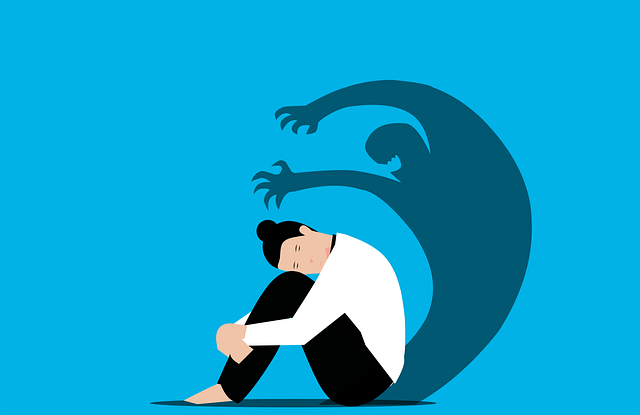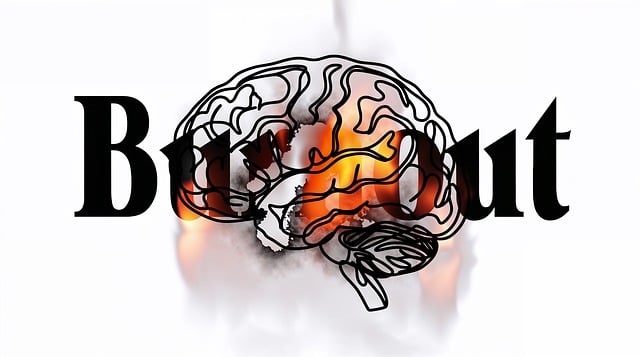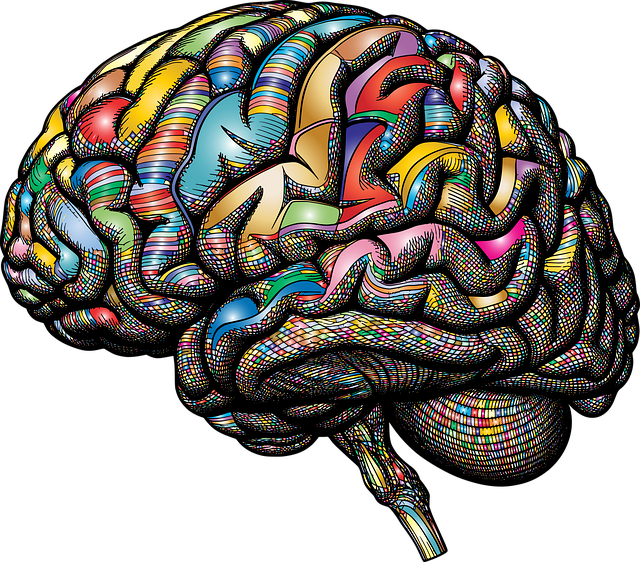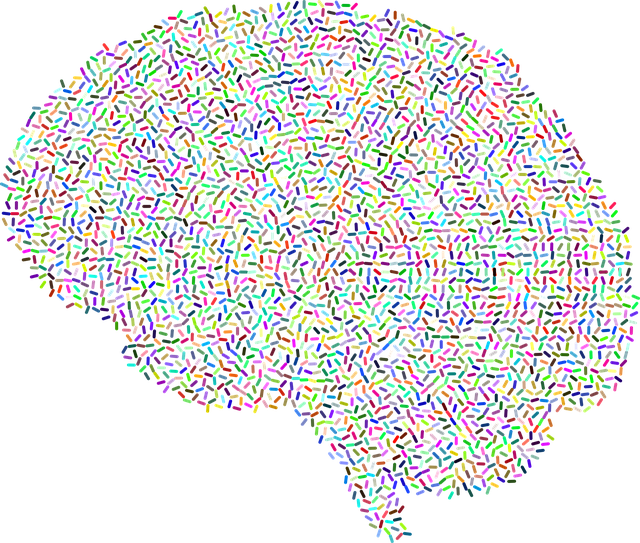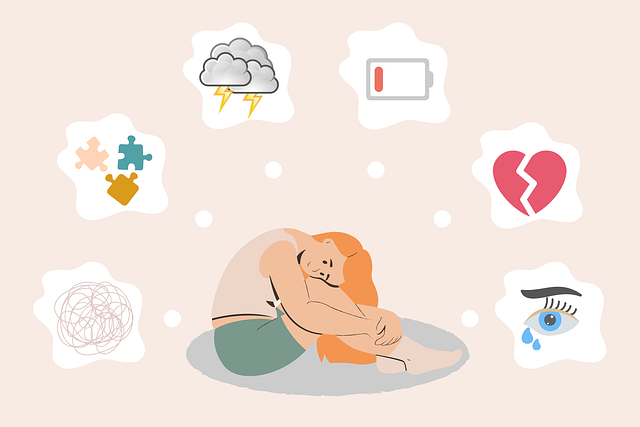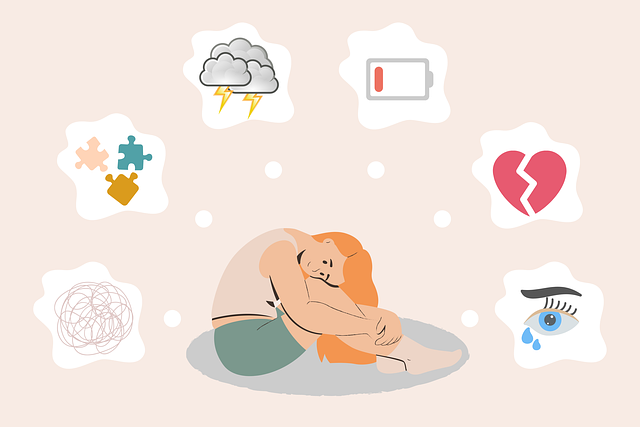Stress is a prevalent issue among adults, caused by work pressure, financial worries, and personal connections, leading to physical and mental health problems. Effective management requires therapy that includes bariatric evaluations addressing psychological stressors alongside weight management. Cognitive Behavioral Therapy (CBT) and mindfulness practices are powerful tools backed by research, aiding individuals in identifying and altering negative thought patterns, reducing stress, and improving emotional well-being. Lifestyle changes such as exercise, balanced diets, and quality sleep, guided by healthcare professionals, offer significant stress reduction for adults undergoing bariatric evaluations or therapy.
Stress management techniques are essential for maintaining optimal health and well-being, especially among adults facing today’s demanding lifestyles. This article explores effective strategies to combat stress, including an in-depth look at bariatric evaluations and their role in stress management. We discuss Cognitive Behavioral Therapy (CBT) as a powerful tool and delve into mindfulness practices for daily relaxation and improved focus. Additionally, lifestyle changes are highlighted to reduce stress and enhance overall well-being, offering valuable insights for adults seeking a healthier balance.
- Understanding Stress: Causes and Effects for Adults
- The Role of Bariatric Evaluations in Stress Management
- Cognitive Behavioral Therapy (CBT): A Powerful Tool
- Mindfulness Practices for Daily Relaxation and Focus
- Lifestyle Changes to Reduce Stress and Improve Well-being
Understanding Stress: Causes and Effects for Adults

Stress is a pervasive issue among adults, stemming from various sources such as work pressures, financial constraints, and personal relationships. Understanding its causes is paramount in developing effective management strategies. For instance, healthcare providers often face high-stress environments due to demanding schedules and patient care responsibilities, making Burnout Prevention Strategies for Healthcare Providers a crucial topic of interest. These factors can contribute to long-term effects like chronic fatigue, anxiety disorders, and even physical ailments.
Recognizing the impact of stress is essential for adults seeking therapy. Bariatric evaluations, for example, might not only focus on weight management but also on addressing underlying psychological stressors. By adopting Mind Over Matter Principles, individuals can learn to mitigate stress responses and foster resilience. Trauma Support Services play a vital role in helping adults process past traumatic events that could be significant contributors to ongoing stress and anxiety.
The Role of Bariatric Evaluations in Stress Management

Bariatric evaluations play a pivotal role in stress management, particularly for adults seeking therapy. These comprehensive assessments go beyond measuring physical health; they explore psychological and social factors contributing to stress levels. By integrating data from various domains, healthcare professionals can tailor-fit stress management strategies that address specific client needs. For instance, evaluating work-life balance, coping mechanisms, and mental health status alongside physical health markers enables a holistic approach.
This integrated perspective is especially crucial for healthcare providers who often face high-stress environments through Burnout Prevention Strategies for Healthcare Providers. Mental Health Education Programs Design can benefit from incorporating barometric evaluations to equip professionals with the knowledge and tools needed to support clients’ stress management journeys. Ultimately, these evaluations serve as a cornerstone in preventing burnout and fostering sustainable mental well-being within healthcare settings.
Cognitive Behavioral Therapy (CBT): A Powerful Tool

Cognitive Behavioral Therapy (CBT) is a highly effective tool for managing stress and has been extensively studied in various contexts, including healthcare provider cultural competency training and social skills training. This form of therapy helps individuals identify and challenge negative thought patterns and behaviors that contribute to their stress levels. By focusing on the connection between thoughts, feelings, and actions, CBT empowers adults to develop healthier coping mechanisms.
For those undergoing bariatric evaluations or dealing with stress-related issues, CBT offers a structured approach to emotional healing processes. It enables individuals to understand the root causes of their stress, providing them with practical strategies to navigate challenging situations. Through CBT, people can learn to replace unhelpful thought patterns with more realistic and positive ones, thereby reducing anxiety and improving overall well-being.
Mindfulness Practices for Daily Relaxation and Focus

Mindfulness practices have emerged as a powerful tool for adults seeking to manage stress and improve their overall mental wellness. Incorporating mindfulness into daily routines can help individuals achieve a state of calm and focus, preventing burnout and enhancing emotional intelligence. Techniques such as meditation and deep breathing exercises allow one to disconnect from the hustle and bustle of everyday life, fostering a sense of inner peace.
This practice is particularly beneficial for those undergoing bariatric evaluations or seeking therapy for adults. By integrating mindfulness into their self-care routines, individuals can improve their ability to cope with stress, enhance their emotional resilience, and better navigate the challenges that come with significant lifestyle changes. Moreover, mindfulness practices contribute to a holistic approach in promoting mental wellness, complementing various therapies and support systems.
Lifestyle Changes to Reduce Stress and Improve Well-being

Stress management is an integral part of maintaining good mental health and overall well-being. Beyond professional therapy for adults, making positive lifestyle changes can significantly reduce stress levels. Engaging in regular physical activity, adopting a balanced diet, and prioritizing quality sleep are foundational practices that enhance resilience building. These simple yet powerful tools help individuals navigate life’s challenges with greater ease.
Additionally, incorporating compassion cultivation practices into daily routines can foster emotional well-being. This includes mindfulness exercises and cultivating gratitude, which have been shown to improve mental flexibility and reduce reactivity to stressful situations. For those considering significant lifestyle shifts, such as bariatric evaluations, seeking guidance from healthcare providers is essential. They offer valuable support and training in cultural competency, ensuring individuals receive personalized care tailored to their unique needs and backgrounds.
In conclusion, managing stress effectively is a vital component of enhancing overall well-being. By understanding the causes and effects of stress in adults, incorporating therapeutic tools like Cognitive Behavioral Therapy (CBT), adopting mindfulness practices, and making positive lifestyle changes, individuals can successfully navigate their daily lives with reduced stress levels. Bariatric evaluations play a significant role in this process, providing valuable insights for personalized stress management strategies. These comprehensive techniques empower folks to take control of their mental health, fostering a more balanced and fulfilling life.
